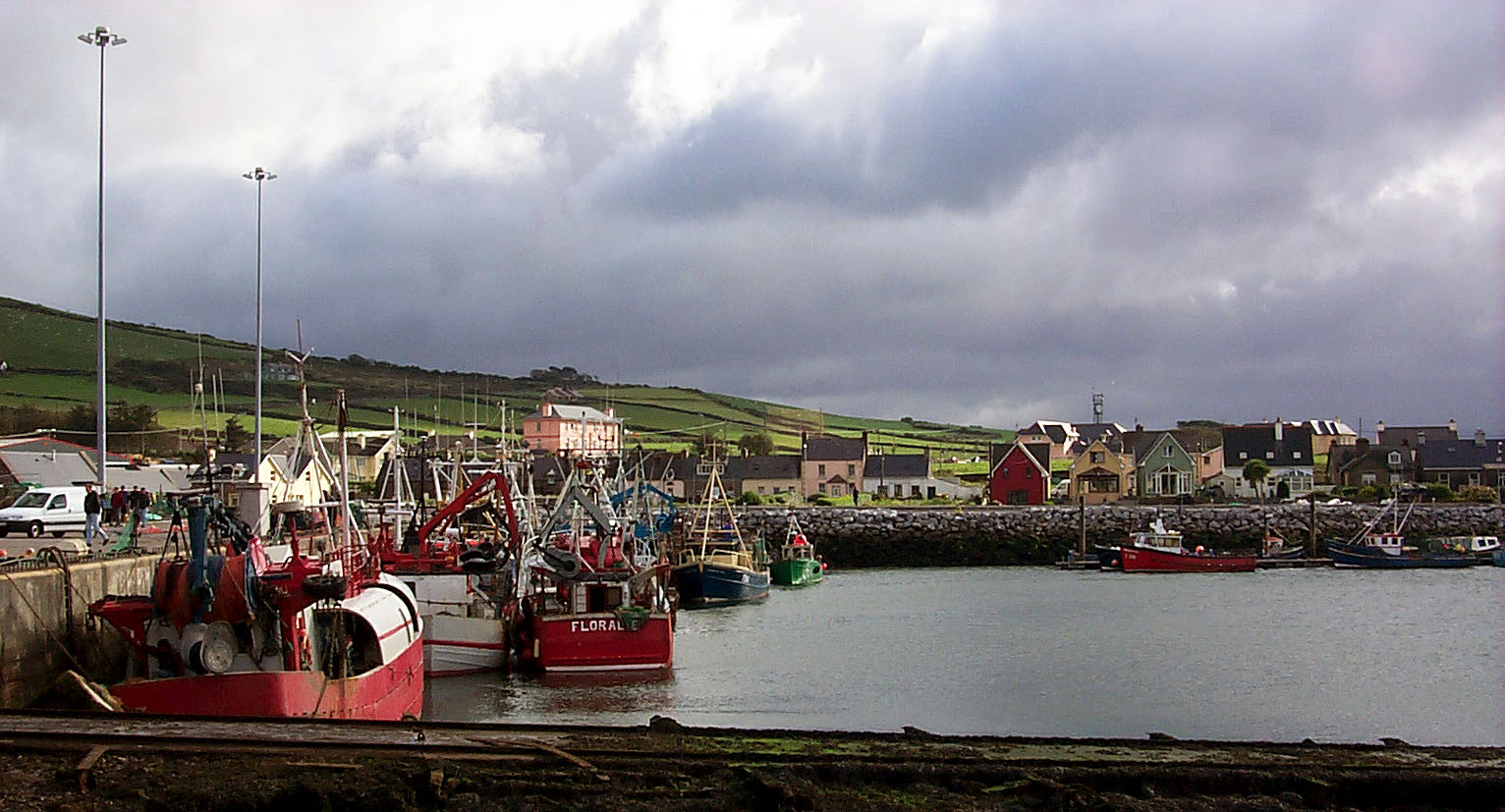Today is St. Patrick’s day. I’m not celebrating. Not everyone holds the view that Patrick was the best thing that ever happened to Ireland.
A seventh-century biography of Patrick by a Christian monk, Muirchú moccu Machtheni, records a Druid prophesy about the man who will start the destruction of the native culture of Ireland:
Across the sea will come Adze-head,
crazed in the head,
his cloak with hole for the head,
his stick bent in the head.He will chant impiety
from a table in the front of his house;
all his people will answer:
‘Amen, Amen.’
The people of Ireland did not welcome Patrick and the new religion with flowers in the streets. Mostly they disliked the new religion, but they did not yet see the danger. Their tolerance weakened their resistance.
Here are some excerpts on this period in history from Early Medieval Ireland: 400-1200 by Daibhi O Croinin, published by Routledge in 1995:
There is no reason to doubt that in Ireland, as in every other country where Christianity was introduced, zealots took to the high-roads and criss-crossed the countryside smashing the symbols of the rival religion and looting its temples. ‘There is no such thing as robbery for those who truly possess Christ’. … Much of what once existed as the outward and visible expression of pre-Christian religious beliefs in Ireland has doubtless been disfigured or completely destroyed, perhaps on occasion absorbed so successfully into the triumphant religion as to be unrecognizable to us now. …
The stark reality of the new religion, with its single god who destroyed all others, given to outbursts of divine wrath and prone to vengeance and punishment, may very well have seemed impious to a people more used to a variety of deities and to the toleration of many cults.
It may well have been [their] tolerance of the new Christian religion, rather than any inherent weakness, that brought about the destruction of the pre-Christian Irish cults. Patrick, after all, reported how the brehons allowed him to carry his Christian message wherever he wished. …
There is no evidence to suggest (and no particular reason to believe) that Christianity offered a richer spiritual experience than the native cults. … Quite the contrary, the frequency with which Christian writers condemn the druids and their ways suggests that Christianity had still to establish complete control even in the seventh century and beyond. … We have no satisfactory way of knowing when Christianity became respectable; we only know that in Patrick’s time it clearly still was not.
The Brehons, by the way, were the gatekeepers of the old Irish system of law, the Brehon law, which was so popular with the people that it persisted for hundreds of years after Patrick, into the 17th Century.
As for the open-minded tolerance of the old religions vs. the violent intolerance of Rome’s religion, this is a story that we hear over and over in the history of the old cultures. Tolerant cultures appear to be extremely vulnerable to intolerant ones.
I don’t celebrate St. Patrick’s Day. I mourn.


I love this and agree with your feeling of “mourning” 100%. I never liked St Patrick’s Day, and was searching today for the reasons for this “holiday” and subsequently, WHY anyone would think Ireland becoming a Christian country is anything to celebrate! I’m not Irish…or Catholic (as St Pat was), but I’ve recently been sloughing off my childhood brainwashing that told me Christianity is a “glorious thing.” And that the Christian violent-yet-loving “god” is the truth. My heart hurts when I think of how the people who spread (and who are still spreading (as missionaries) the myth/cult of Christianity trampled over so many nature-based cultural traditions and belief systems.